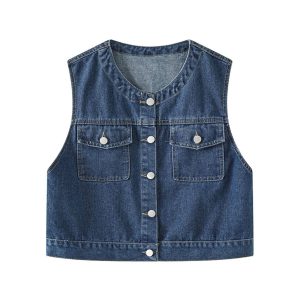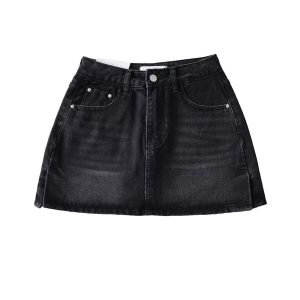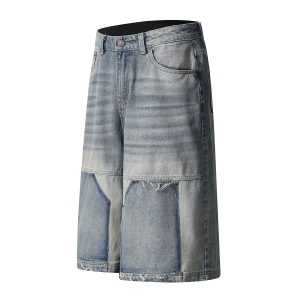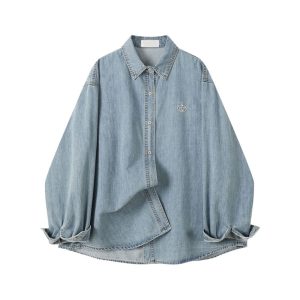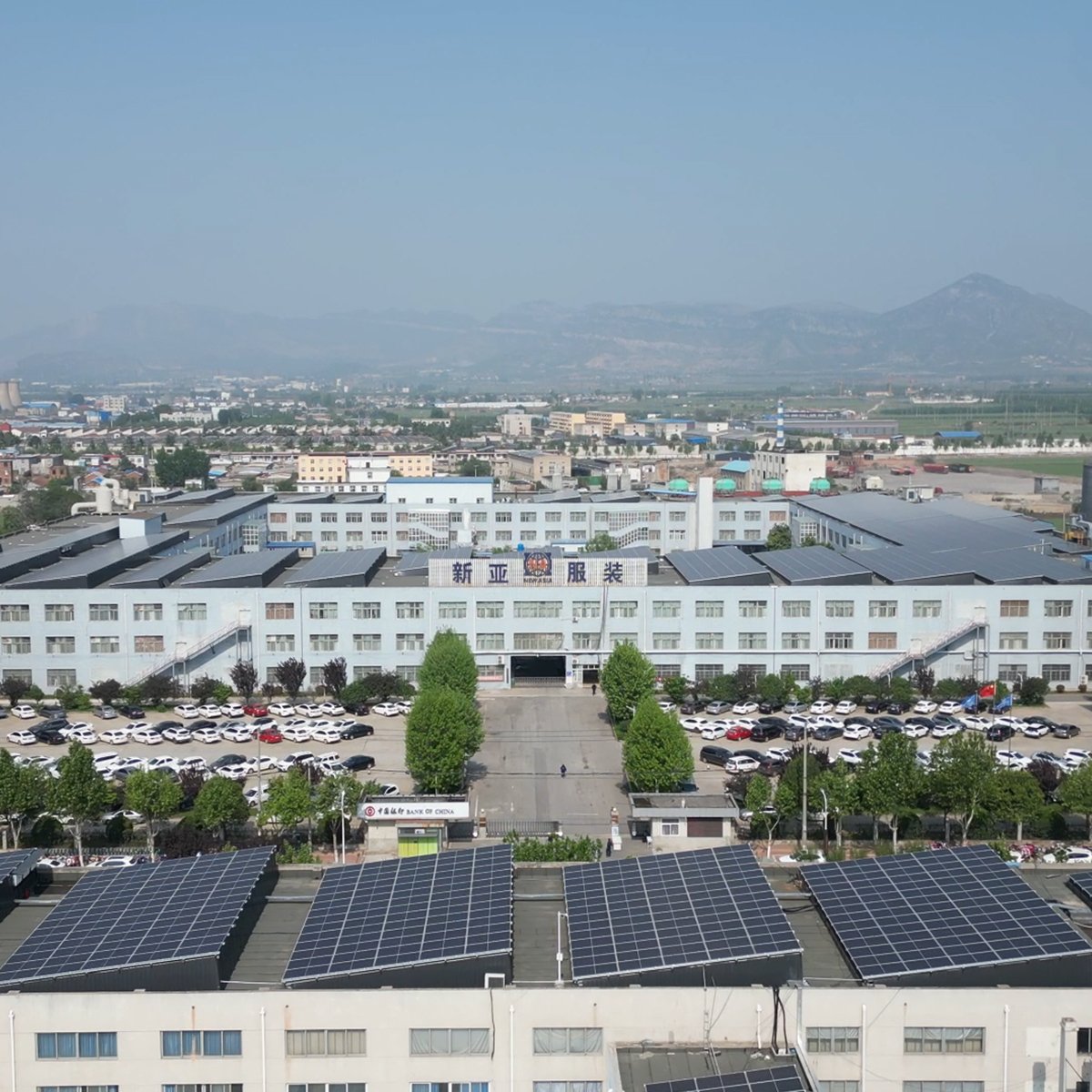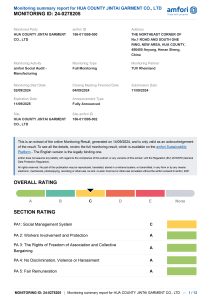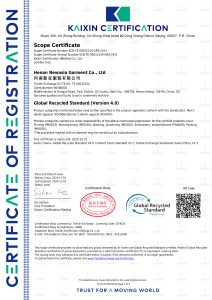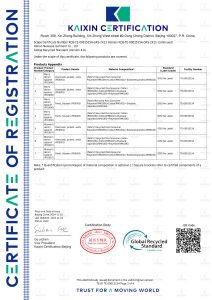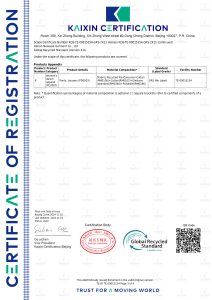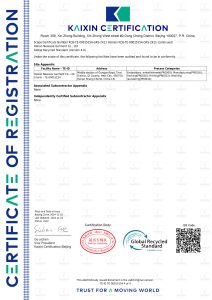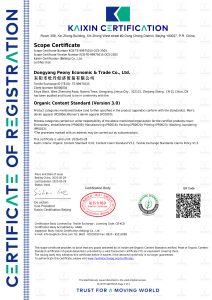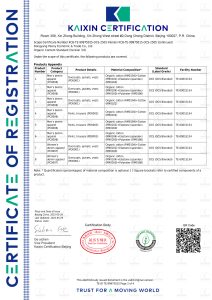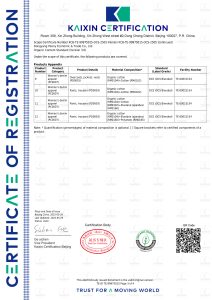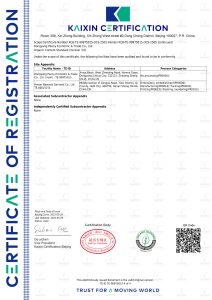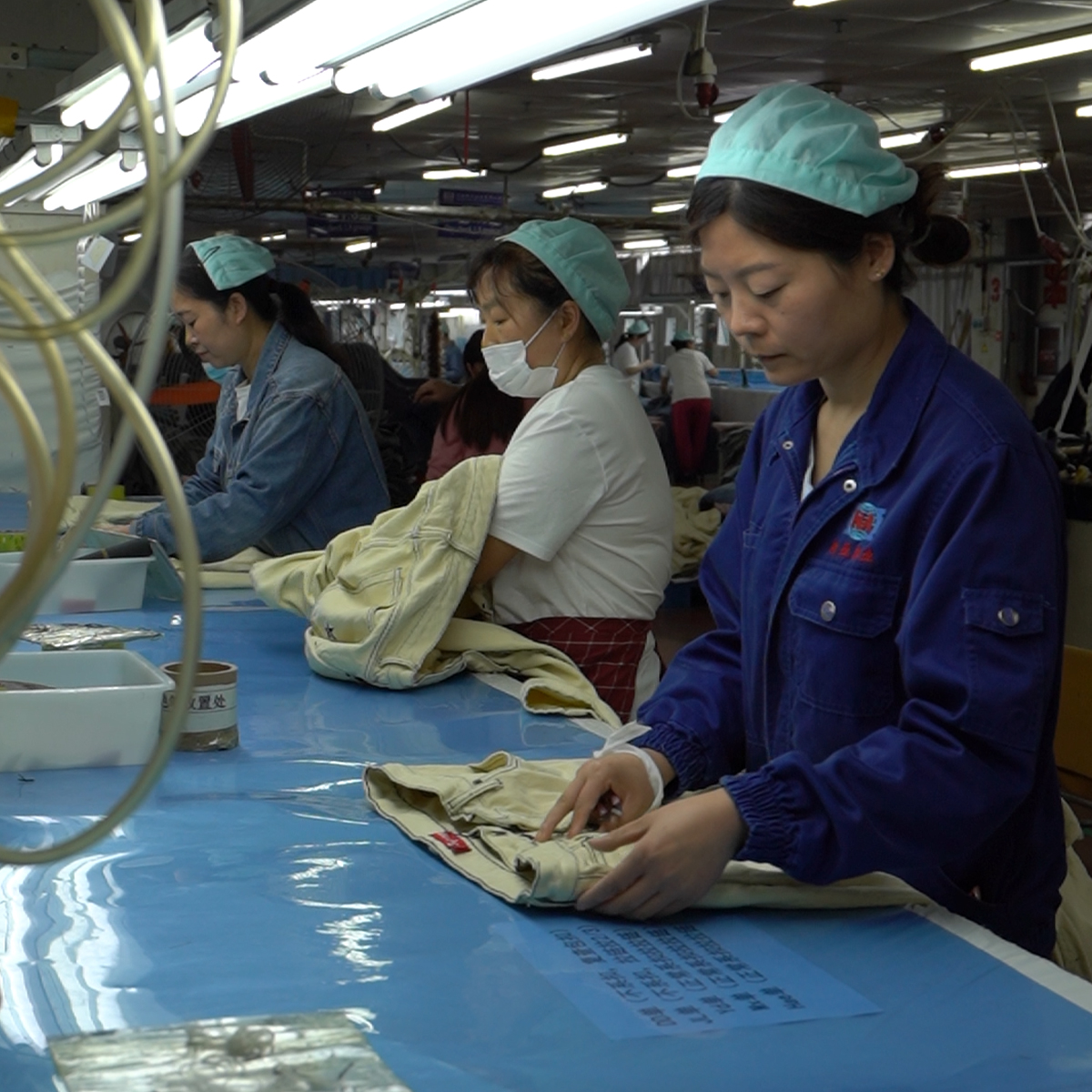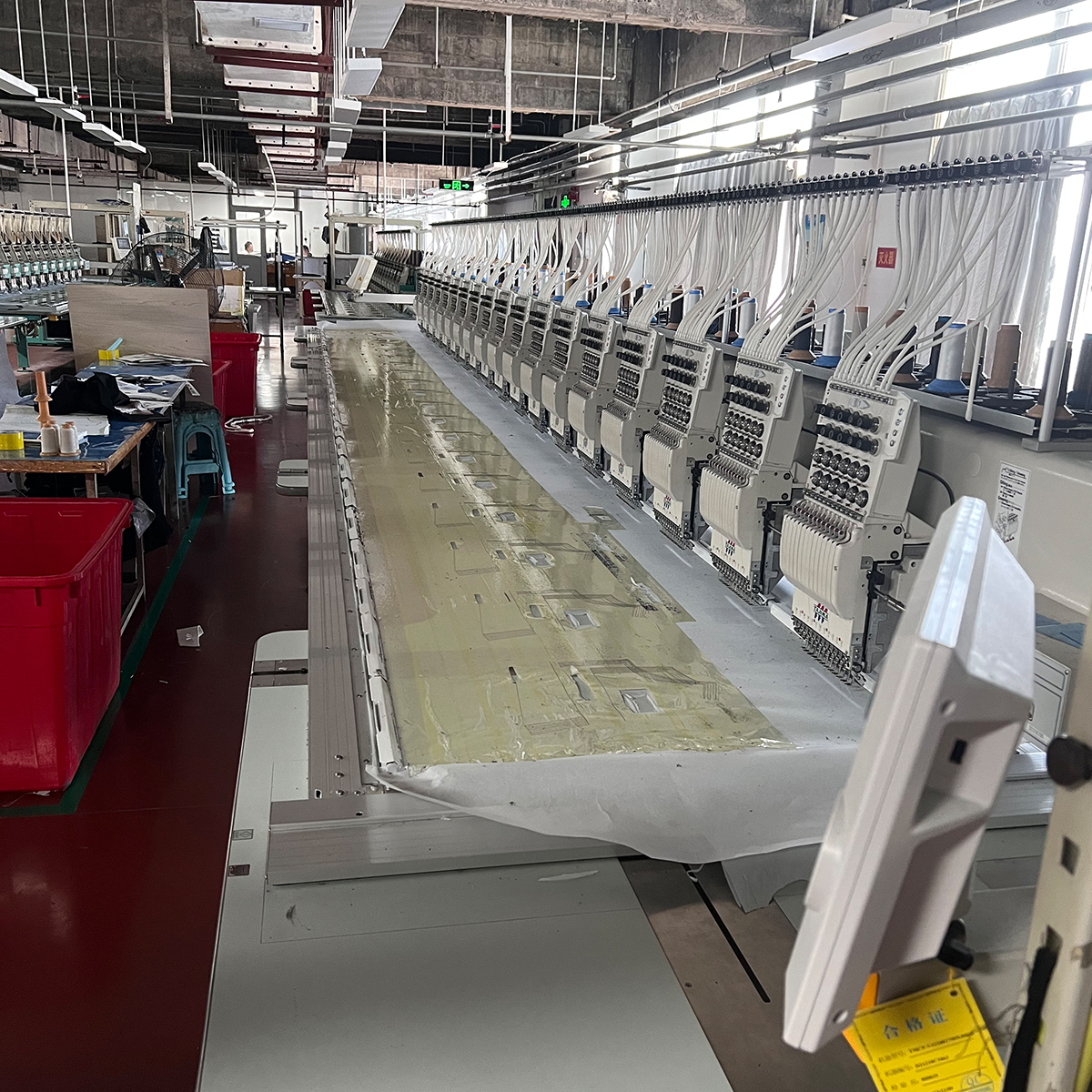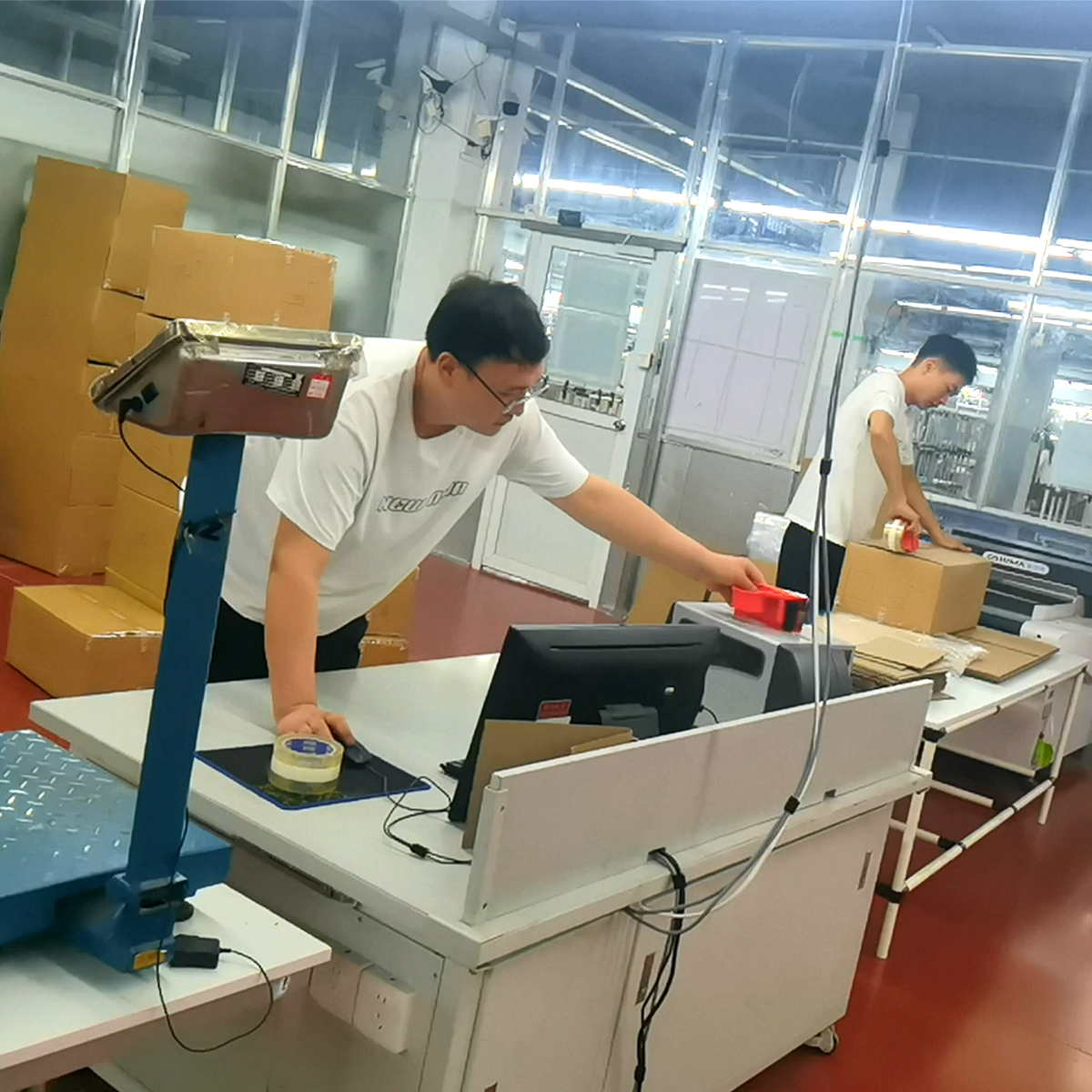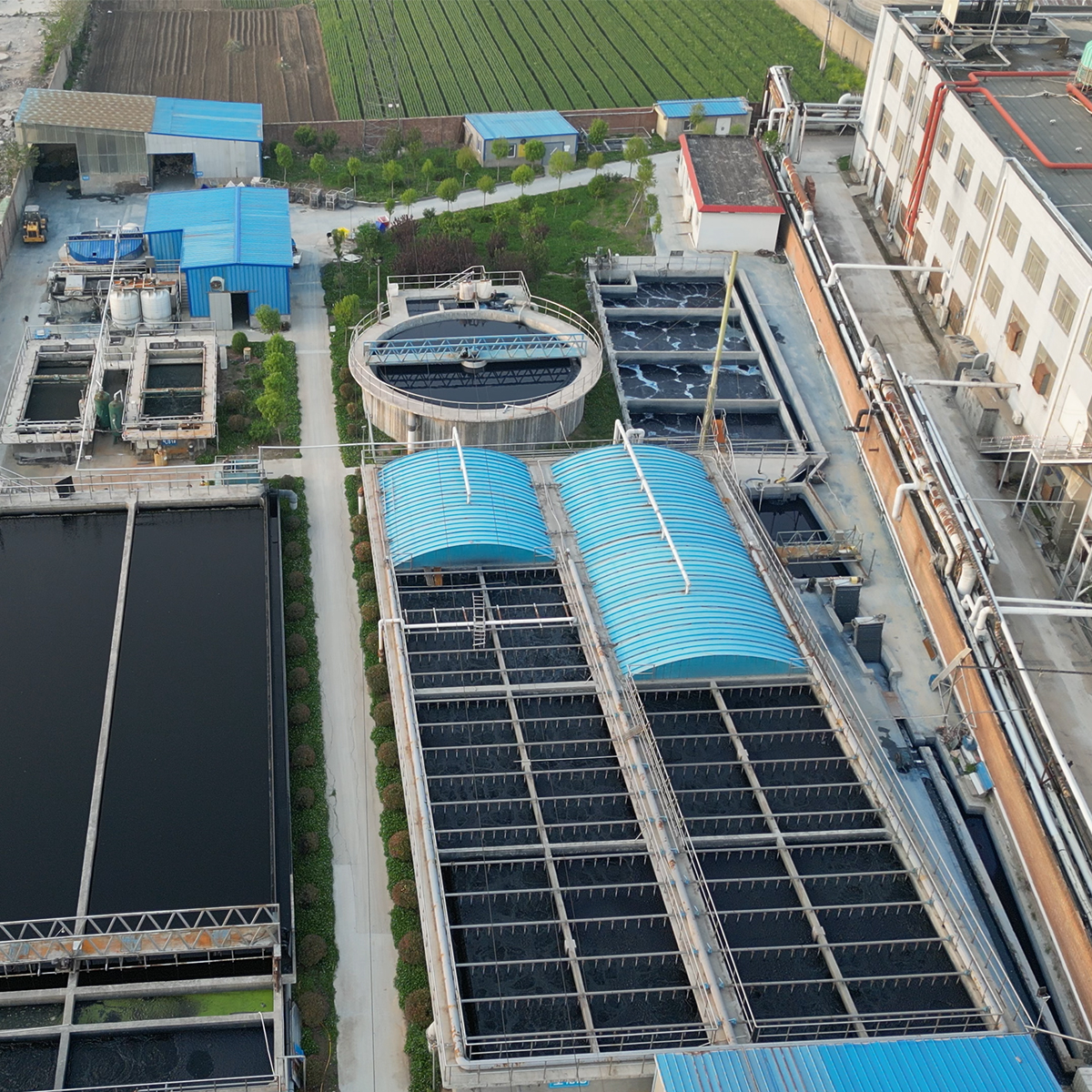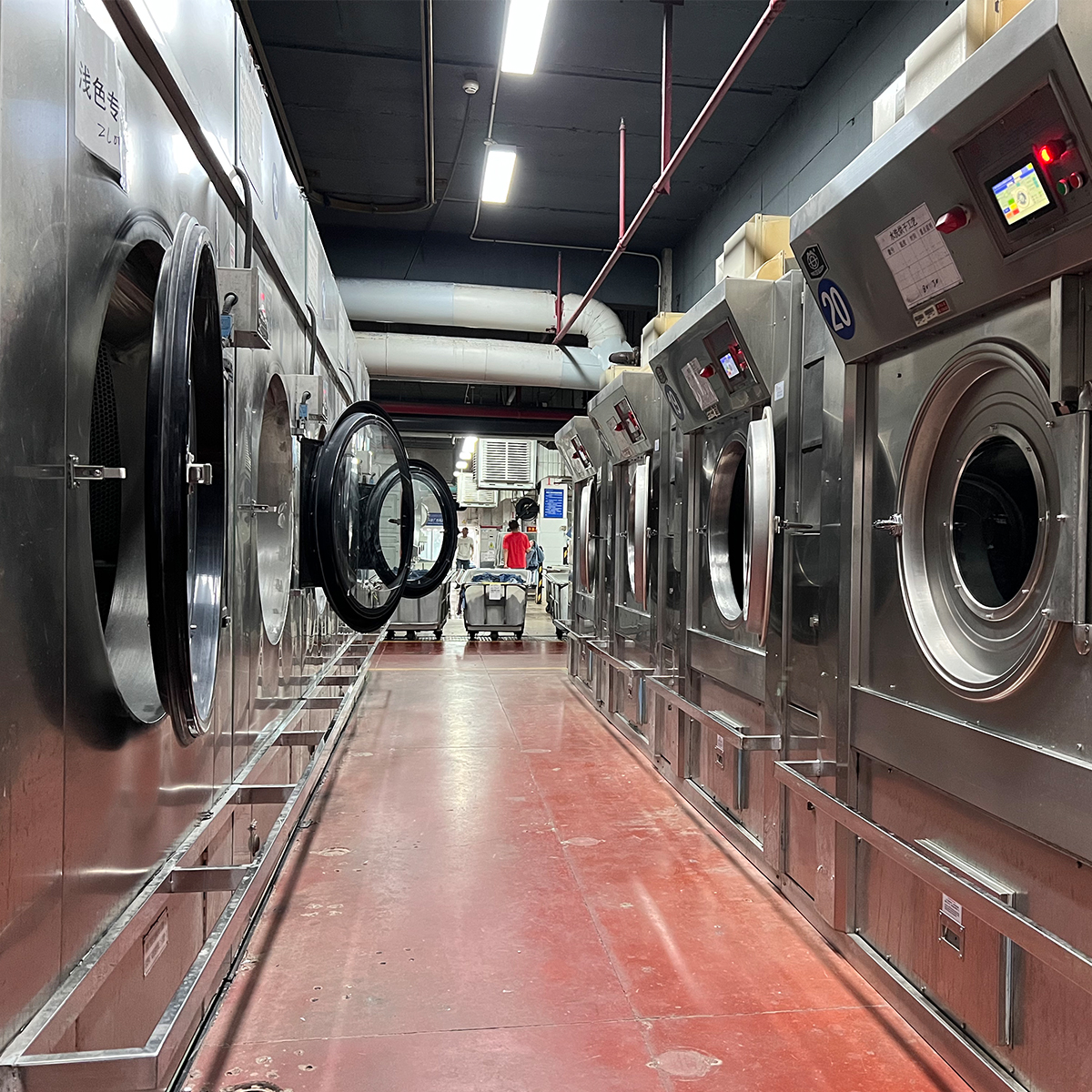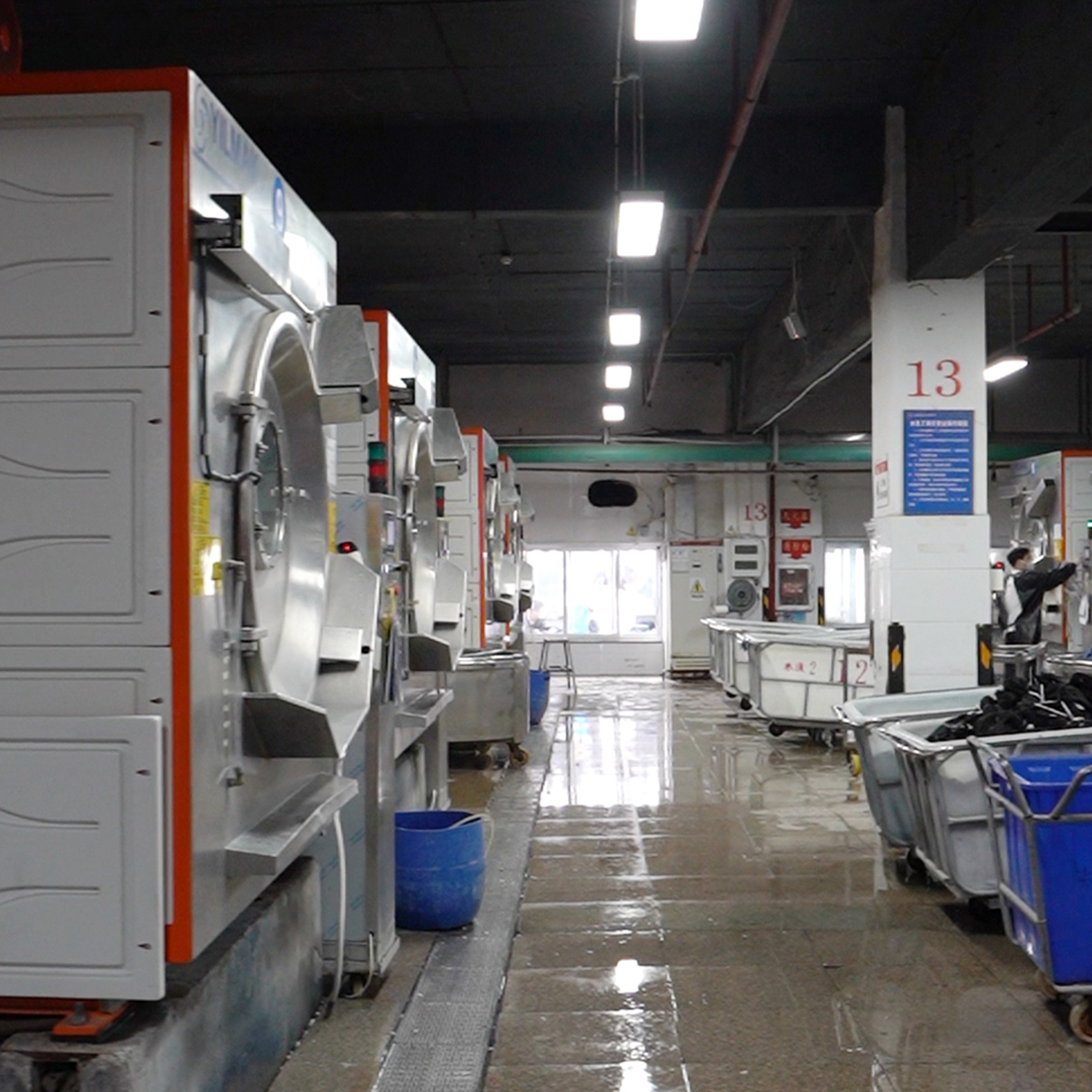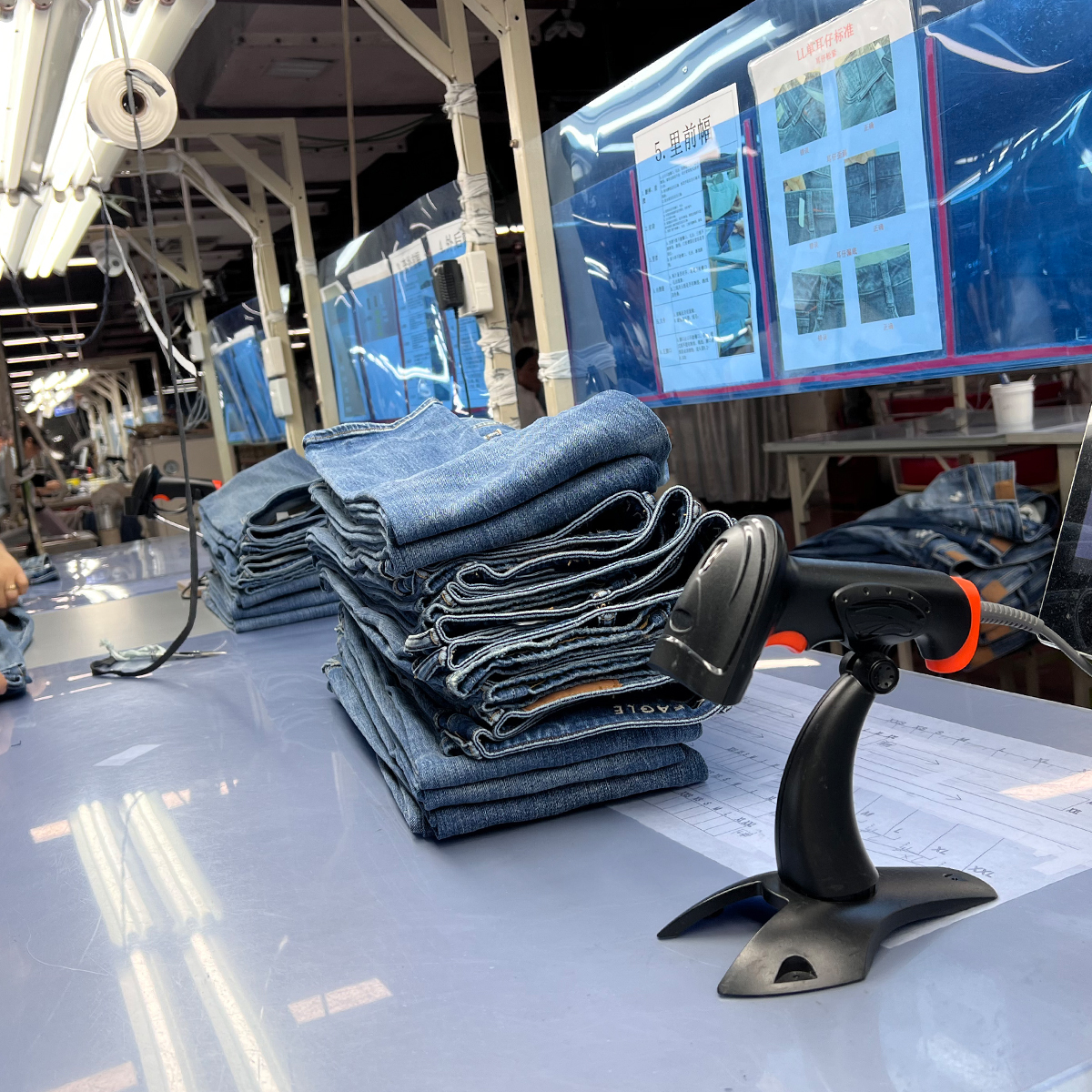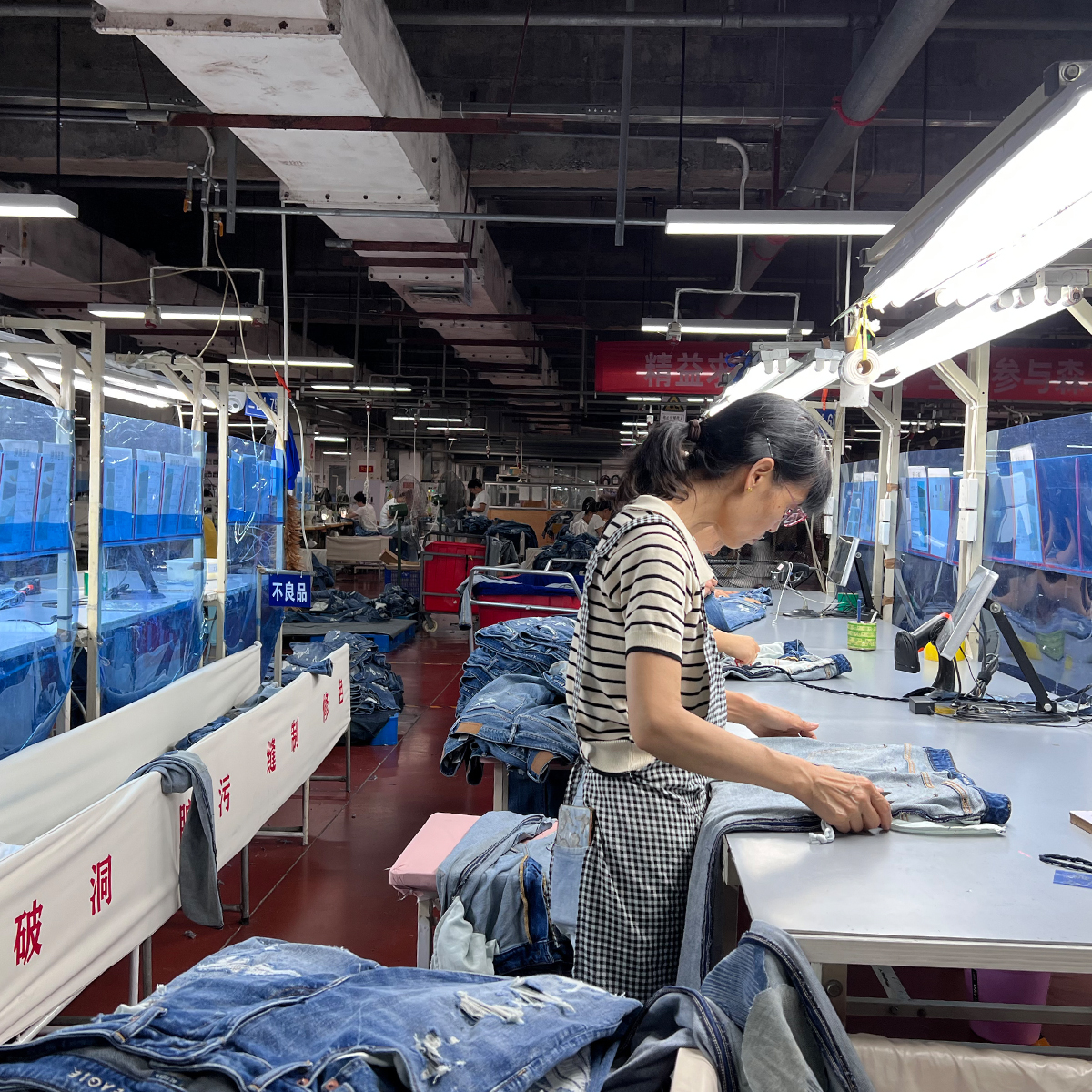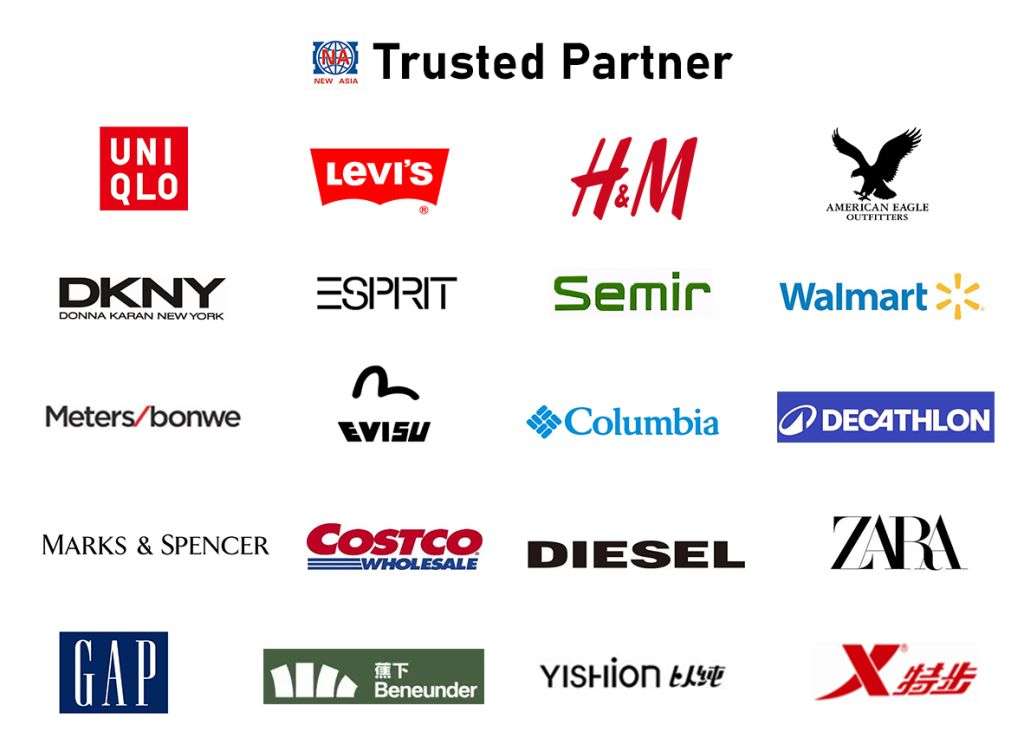In the ever-evolving world of fashion, jeans have undoubtedly established themselves as a staple in wardrobes across the globe. Their versatility, comfort, and style make them a go-to choice for millions. However, behind every pair of jeans lies a story of craftsmanship, innovation, and an eventful journey from fabric to finished product. This article will explore the top 10 jeans manufacturers that are making waves not just for their stylish designs but also for their commitment to sustainability and ethical production practices.
The Love for Denim
Denim, often associated with ruggedness and casual style, has undergone a transformation over the years. From high-end fashion lines to budget-friendly brands, jeans can be customized to suit personal style preferences. But with this variety comes the need for responsible production practices, and today’s consumers are more informed than ever. They demand eco-friendly options and ethical labor practices that respect workers’ rights and the environment.
1. Levi Strauss & Co.
Founded in 1853, Levi Strauss & Co. is synonymous with denim. With a heritage that stretches back over a century, they have been pioneers of the industry. Their commitment to sustainability is evident through initiatives such as the Water Wrangler is best known for its durability and rugged design, appealing mainly to the outdoor community. They have embraced sustainable fabrics and manufacturing processes, including their use of recycled plastic in denim production and water-saving technologies. With pioneering styles like the ‘Retro’ collection, Wrangler continues to innovate while focusing on responsible creation processes. Lee has built its reputation on creating jeans that are not only stylish but also focus on comfort and fit. The company has made strides in adopting sustainable practices by implementing a ‘Drought-Friendly’ technology that minimizes water usage during the creation of their denim while producing pieces that provide long-lasting wear. Their attention to detail and commitment to sustainability makes them a contender in the market of responsible fashion. Hailing from Sweden, Nudie Jeans is a brand that proudly champions sustainability. Every aspect of their production process reflects their ethos, from the use of organic cotton to the ethical treatment of workers. Interestingly, their “Repairity” program encourages customers to repair rather than discard their jeans, aligning with a zero-waste vision. The brand’s commitment to circular fashion is influencing the industry towards greener practices. Best known for outdoor apparel, Patagonia offers jeans that align with its mission for environmental and social responsibility. Their Fair Trade Certified jeans are made with organic cotton, and they advocate for workers’ rights across their entire supply chain. Innovative campaigns like their “Worn Wear” program promote the idea of reusing and repairing clothing, which directly addresses the fashion waste crisis. G-Star RAW is recognized for its cutting-edge design and creative fabric treatments. The brand emphasizes sustainability extensively, with the introduction of the ‘Aged Blue’ denim collection that requires less water and energy to produce. Their philosophy focuses on craftsmanship and innovation while continually exploring new ways to lessen their ecological footprint in the denim industry. AG Jeans prides itself on luxurious denim crafted in the USA. Their commitment to eco-friendliness is demonstrated through their use of sustainable materials and energy-efficient manufacturing practices. Furthermore, AG Jeans is dedicated to social issues, contributing to various non-profits and artisan initiatives, showcasing the beautiful intersection of fashion and equality. Everlane stands out with its transparent pricing model and ethical production practices. They ensure that every step of their denim manufacturing is ethical, from sourcing materials to fair wages for all workers. Their timeless designs focus on classic styles that hold their appeal, making their jeans not only trendy but also durable and responsible. R13 has become an acclaimed brand in luxury denim, appreciated for its unconventional designs that blend street style with high fashion. Their practices include the use of environmentally-friendly materials and a commitment to improving the ecological footprint of their production processes. With a focus on modern aesthetics, R13 successfully navigates the intersection of trend and sustainability. Muji is renowned for its minimalist approach to design and sustainable practices. Their denim collection reflects their ethos of simplicity and functionality, using organic cotton and environmentally conscious production processes. By creating products that maximize utility while minimizing waste, Muji continues to appeal to consumers looking for stylish yet sustainable options. Today’s consumers are making smarter choices than ever, seeking brands that align with their values. Sustainable practices are not merely a trend; they are becoming a prerequisite for trust. Savvy shoppers want transparency regarding where and how their clothing is made, and brands responding to this demand are likely to thrive as leaders in the industry. As we look toward the future, the denim manufacturing sector is undergoing a significant transformation. The inclusion of technology in textile production promises to reshape the industry. New innovations in fabric blends and waste management are paving the way toward a more sustainable future. Brands that prioritize ethical production will not only secure loyal customer bases but also contribute to a more responsible fashion ecosystem. For consumers, each purchase represents not just style but a statement about their values and priorities. As the market continues to evolve, brands must maintain a commitment to integrity, sustainability, and innovation to meet the changing demands and expectations of today’s conscientious consumer.2. Wrangler
3. Lee
4. Nudie Jeans
5. Patagonia
6. G-Star RAW
7. AG Jeans
8. Everlane
9. R13
10. Muji
The Shift in Consumer Behavior
The Future of Denim Manufacturing



